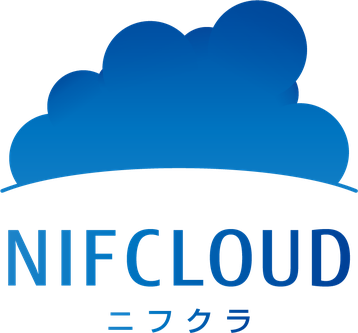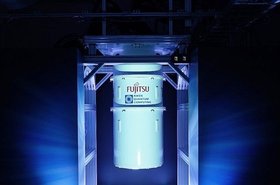Fujitsu is to reabsorb its public cloud unit in Japan.
Fujitsu Limited last week announced that its consolidated subsidiary, Fujitsu Cloud Technologies Limited (FJCT), will merge with Fujitsu Limited in an 'absorption-type merger' from April 1, 2024.
100 percent owned by its parent, Fujitsu Cloud offers public and private cloud services through its FJcloud-V and Nifcloud divisions. It employs 285 people, according to its website.
“Through this absorption-type merger, Fujitsu will promote the swift implementation of the latest technologies in cloud services and further increase transparency, security, and reliability in this domain by combining FJCT’s advanced development technology in cloud services with its service delivery capabilities for enterprises,” the company said.
On its website, FJCT added: “Through this absorption-type merger, we will combine Fujitsu's advanced development technology for cloud services with Fujitsu's service delivery capabilities for enterprises, thereby increasing the speed of implementation of the latest technology and further transparency, safety, and reliability in cloud services.”
Fujitsu will be the surviving company and FJCT will be dissolved as the absorbed company.
According to the release, Fujitsu Cloud’s net sales and operating income for the fiscal year 2023 were 11.5 billion Yen ($76.8m) and 1.2 billion Yen ($8m) respectively, with a net profit of 785 million Yen ($5.2m).
N.I.F. Co. was formed in Tokyo back in 1986. It became a 100 percent-owned subsidiary of Fujitsu in 1999, joined the Tokyo Stock Exchange in 2006, and was privatized in full again by Fujitsu in 2016. The Nifty Cloud service was launched in 2010. The company became Fujitsu Cloud Technologies Ltd. in 2017.
FJcloud-V offers hybrid VMware solutions for on-premise/cloud deployments as well as bare metal. Nifcloud offers server rental as well as IaaS and PaaS services. It operates cloud regions out of Fujitsu-operated facilities in eastern (four, with seven zones in total) and western Japan (two, with four zones in total), as well as a region in the US with one availability zone.
Earlier this year, Fujitsu announced it had closed its US data center business as it "didn't have the size and the scale in that market" to compete. Instead, the company was partnering with the large public cloud providers.







